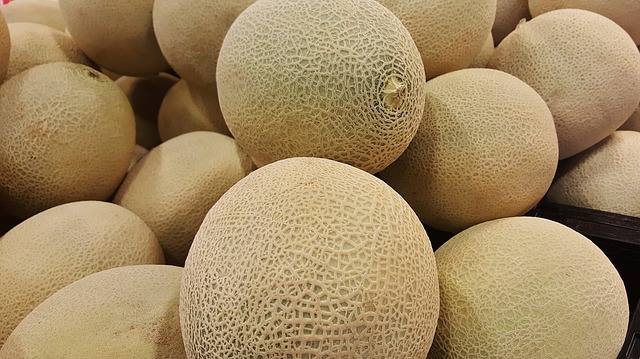Health and Food authorities in New South Wales (NSW) are advising consumers who are most vulnerable to Listeria infection such as older persons, and people who have weakened immune systems due to illness or pregnancy, to avoid eating rockmelon after a recent spike in listeriosis cases in elderly people has been linked to the fruit.

Listeriosis is caused by eating food contaminated with a bacterium called Listeria monocytogenes, which is extremely harmful to those who are older, pregnant or have underlying health conditions, such as cancer, diabetes, heart and kidney disease.
Affordable, 5 Minute Testing with our at-home testing kits for Hepatitis C. No doctor or lab visits required. Order now!
All states and territories are working together to investigate the outbreak and to date they have identified ten cases in elderly patients in NSW (six), Victoria (one) and Queensland (three) with onset of illness notification dates between 17 January and 9 February 2018. All 10 cases consumed rockmelon prior to their illness.
The outbreak has been linked to a grower in Nericon NSW. The company voluntarily ceased production on Friday 23 February 2018, shortly after being notified of a potential link to illness and is working proactively with the Authority to further investigate how any contamination could have occurred in order to get back into production as soon as possible.
Any affected product is being removed from the supply chain, so consumers can be assured rockmelons currently available on shelves are not implicated in this outbreak.
“Eating foods that contain Listeria bacteria does not cause illness in most people, but in higher risk groups it can result in severe illness and even death so it’s vitally important these people take extra care at all times”, according to Dr Vicky Sheppeard, Director Communicable Diseases NSW Health.
Save up to 30% on kid friendly tours and tickets in Orlando
As a precaution, consumers particularly those who are elderly, pregnant or immune compromised who may have rockmelon already in their home are advised to discard it.
People at increased risk of listeriosis, including those who are older, pregnant, have diabetes, kidney disease, liver disease, HIV, or have weakened immune systems – for example those on cancer treatment or corticosteroids – are reminded to avoid the following foods:
- Pre-cut melons such as rockmelon or watermelon
- Pre-packed cold salads including coleslaw and fresh fruit salad
- Pre-cooked cold chicken, cold delicatessen meats, pâté
- Raw seafood, uncooked smoked seafood (e.g. smoked salmon)
- Unpasteurised milk or milk products, soft cheeses (e.g. brie, camembert, ricotta or blue-vein)
- Sprouted seeds or raw mushrooms.
Care should be taken not to contaminate fruit when cutting it and not to store cut fruit and vegetables that are eaten raw. Listeria survives refrigeration.
Related:

